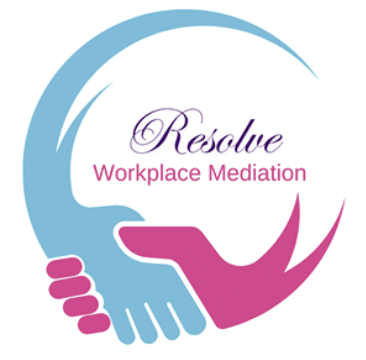What is Workplace Mediation?



Key Features of Workplace Mediation:
Voluntary Participation
- Both parties must agree to participate in the mediation process.
- Either party can withdraw from the process at any time.
Confidentiality
- Discussions and any agreements made during mediation are confidential.
- The mediator does not disclose information to anyone outside the mediation process unless required by law.
Impartiality
- The mediator is neutral and does not take sides.
- The mediator’s role is to facilitate communication, not to make decisions or judgments.
Informal Process
- Mediation is less formal than grievance procedures or legal proceedings.
- It is a flexible process tailored to the needs of the parties involved.
Focus on Future Relationships
- Mediation focuses on finding a constructive solution and improving future working relationships.
- It aims to address the underlying issues and prevent future conflicts.

Common Scenarios for Workplace Mediation:
- Interpersonal conflicts between colleagues
- Disputes between employees and managers
- Disagreements related to work practices or responsibilities
- Bullying and harassment claims
- Issues arising from changes in the workplace, such as restructuring or role changes

The Mediation Process:
Initial Contact
The process begins with the parties agreeing to mediation.
An initial meeting or call with the mediator is scheduled to explain the process and address any concerns.
Individual Mediation Meetings
The mediator will meet separately with each party to understand their perspectives and the issues at hand.
Joint Mediation Session
A joint session is held where both parties and the mediator meet.
The mediator facilitates the discussion, encouraging open communication and helping the parties identify common ground.
Negotiation and Agreement
The parties negotiate to reach a mutually acceptable resolution.
Any agreements are documented, and the parties commit to implementing the agreed solutions.
Follow Up
The mediator will schedule at least one follow-up session to ensure the agreement is being implemented and to address any ongoing issues.
Benefits of Workplace Mediation
Cost-Effective
Mediation is generally less expensive than legal proceedings or formal grievance processes.
Timely Resolution
Preserves Relationships
Reduces Stress
Legal Context:
While workplace mediation is not a legal requirement in the UK, it is encouraged as a best practice for resolving disputes. We encourage businesses to include mediation as part of their dispute resolution procedures and we are happy to support this with the provision of a qualified external workplace mediator
Overall, workplace mediation is a proactive approach to managing and resolving workplace conflicts, and promoting a healthier and more productive work environment.

